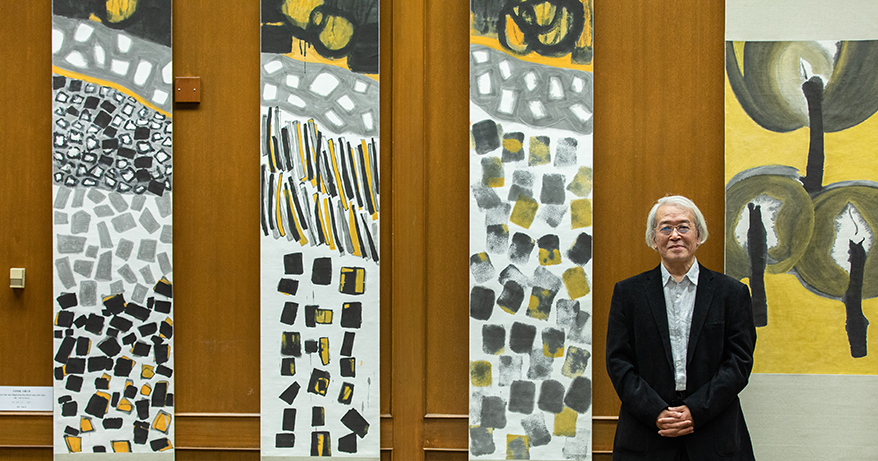
Blessed be the God and Father of our Lord Jesus Christ, the Father of mercies and God of all comfort, who comforts us in all our affliction, so that we may be able to comfort those who are in any affliction with the comfort with which we ourselves are comforted by God. For as we share abundantly in Christ’s sufferings, so through Christ we share abundantly in comfort too.
2 Corinthians 1:3–5
Some of the most profound dimensions of being human revolve around our experiences of suffering. We all suffer. No one lives without suffering. Our experiences may vary greatly: the degree or intensity of the difficulties, our internal or external capacities for sensitivity and endurance, the resilience and empathy of our family and community will all make enormous differences. At the very least, however, we know that nearly everyone does better in suffering if we have someone “suffering with” us—if we have compassion.
When the Apostle Paul reflects with unguarded candor on his own suffering in the opening of his second letter to the Corinthian church, he is doing far more than just describing his afflictions. He is theologizing with and pastoring the Corinthians, who face their own suffering. All of his afflictions, and theirs, are caught up in the suffering-with love of God who has suffered to comfort us, and who, in turn, calls us to comfort others in their pain.
We are not only those who “weep with those who weep,” of course. We also “rejoice with those who rejoice.” But it is definitely meant to be both. While all suffer, suffering does not automatically breed a readiness to suffer with others. This is where Paul lifts up the suffering of Jesus as the precursor that has touched the lives of all those in Corinth. We are to be motivated and enabled to suffer with others not just because we also suffer, but primarily because we who are in Christ know One who suffered with us and gave us comfort. This is the soil from which Christian compassion is explained and fortified.
People ask me if I miss being a pastor. I understand the question, but it assumes difference more than similarity between being a president and being a pastor. I believe what mattered most to me personally about being a pastor is what still matters most to me about being a president: the privilege of standing with others in their stories of joy, of suffering, and of everything in between. These are the places where I most often see and experience the presence of God, and where I find the most grounded reminders of why the gospel, and why theological education, can matter so much. Sometimes because of being a president, and sometimes despite being one, I have the privilege of suffering with others. The suffering love of Jesus towards my suffering has stretched and opened my heart in compassion, certainly not because of my role or title, but because of my raw neediness that Jesus holds with tender, healing love.
It seems hard to look around at our world and not see suffering in every direction. When the plague devastated 14th-century Europe, it was often the Christians who most distinctively stayed in the cities to care for the dying—an instinct borne of knowing the God of all mercy and compassion. Whenever this has been the church’s reputation, the gospel has been authenticated. And when such love is not our reputation, or even worse, when it is the opposite, it is no wonder that our gospel is repudiated.
All who follow Jesus must ask: Have we been loved by God in our suffering? If so, then suffering with our suffering world is our vocation. God’s people can and must embrace and embody it, or we apparently have no good news.
The post Letter From the President: Suffering With appeared first on Fuller Studio.

















